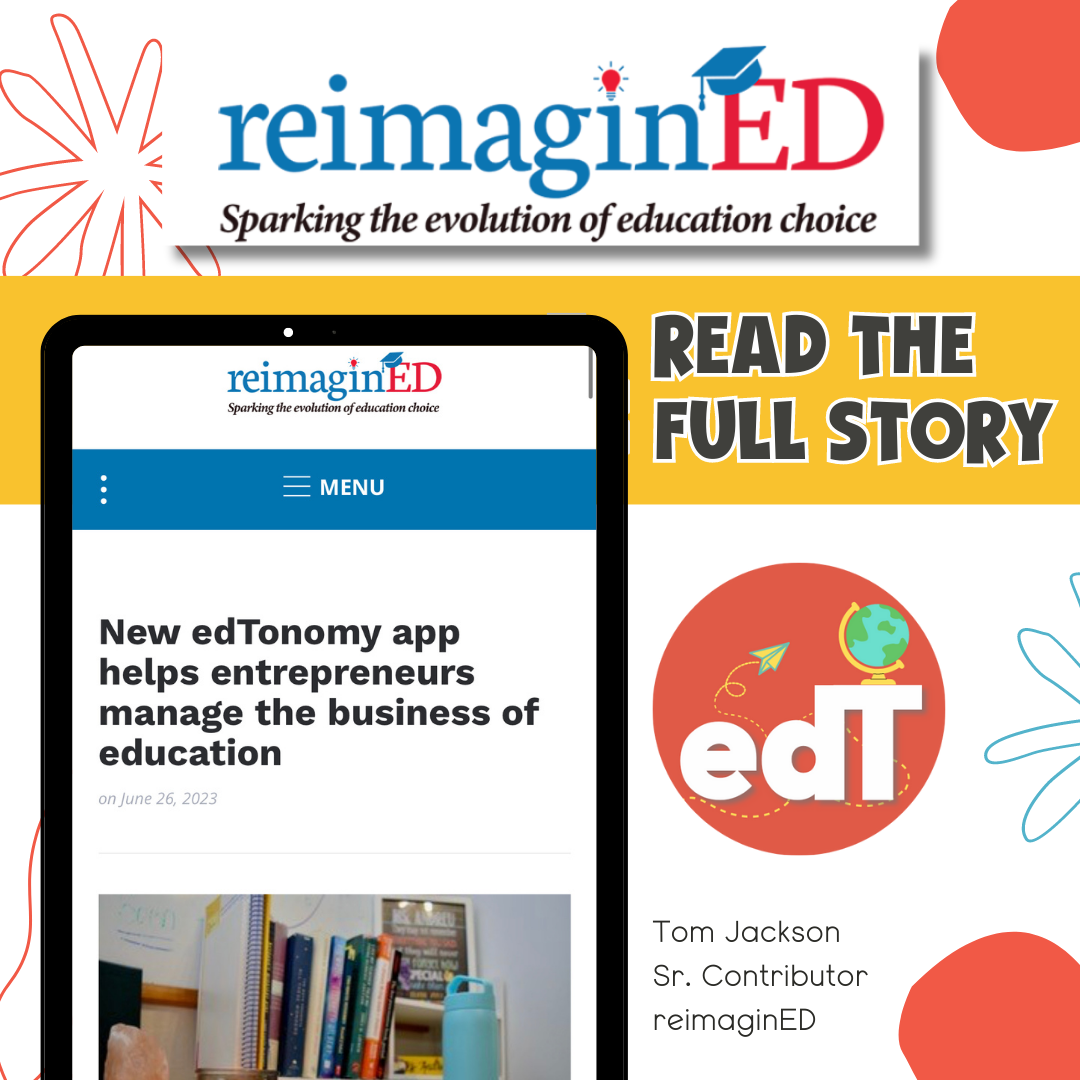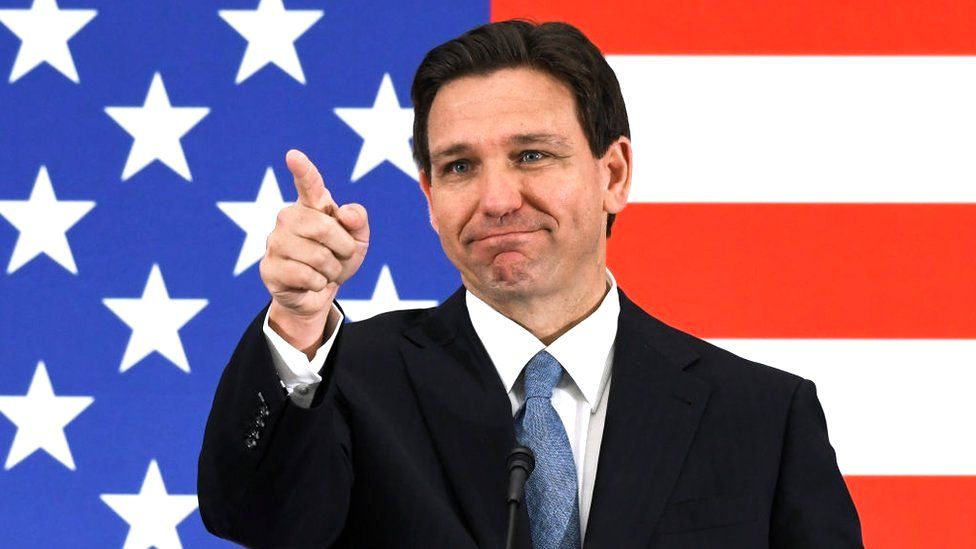In March of this year, Florida announced the passing of over 200 new state laws, including the controversial House Bill 1 (HB 1). This legislation, slated to take effect on July 1, 2023, has stirred up an already tense national debate over school choice. For many residents of the Sunshine State, HB1 means the beginning of a new era in education, and places Florida at the forefront of the Universal School Choice movement.
As a private educator who has ventured beyond the traditional classroom and into the world of Private-Practice Teaching, I stand alongside a vibrant community of education entrepreneurs who have taken the reins of their professional lives to build innovative teaching and tutoring businesses, academies, and microschools. While nontraditional education spaces in Florida have thrived since COVID sent the world into quarantine, the effects of House Bill 1 and Universal School Choice on the state’s educational landscape remains yet to be seen.
The only thing we know for certain is: Florida’s new legislation will undoubtedly redefine how and where teaching and learning occur–and both traditional and nontraditional education communities in the Sunshine State will face unique challenges and opportunities as a result.
Here at edTonomy, we understand the importance of staying up-to-date with the latest state and national education laws. We know that changes in legislation can have a significant impact on students, teachers, and families alike. That's why we make it our mission to keep our community informed and in the know. We want to ensure that you have all the information you need to navigate these changes with confidence and ease. So, whether you're an education entrepreneur or leading a growing microschool, rest assured that we're keeping our eyes and ears open so that we can keep you in the loop.
A Brief History of School Choice in Florida
School choice has been a hotly debated topic in America for decades, with supporters and opponents on both sides of the issue. The concept of school choice first emerged in the 1980s and has since gained momentum in many states across the U.S.
In Florida, the movement began in the late 1990s with the introduction of the Opportunity Scholarship Program. This program allowed students attending underperforming public schools to use state-funded vouchers to attend private schools. More recently, the issue of school choice has received increased public attention, as it has been a priority for Governor Ron DeSantis, who has pushed for expanded options for families through vouchers, charter schools, and tax-credit scholarship programs.
Our Stance on School Choice
While the edTonomy team does not believe in a world without public education, we do believe in a future where
1) learning experiences are expertly crafted by the hands, hearts, and minds of teachers and families that know and care deeply about the learners they steward; and
2) educators are reinvigorated by teaching and learning experiences that reflect and respect their true vocation—one they wholeheartedly feel they were called to practice.
So, as we journey through this new landscape that’s ripe with opportunity for alternative education spaces and education entrepreneurs, we embrace the spirit of innovation and transformation that defines our community. Regardless of our roles in the learning process, our former titles, or our specialties, we are stronger together--a collective united by a simple, foundational belief: Empowered parents and empowered educators empower learners; and empowered learners shape a future that’s ripe with hope, reinvisionEd progress, and strength through community.

Learn more about Florida’s House Bill 1 here, or keep reading to learn more about key terms and concepts at the heart of HB1.
Breaking Down Key Terms & Concepts in Florida’s House Bill-1

What is the Florida Tax-Credit (FTC) Scholarship Program?
As you may know, the Florida Tax-Credit (FTC) Scholarship isn’t a new initiative entirely. In 2001, the program was designed to provide funding to students from low income families to attend private school or to cover the cost of transportation to attend a public school other than the neighborhood school they were zoned for.
How is the Florida Tax Credit Scholarship funded?
Simply put, the FTC program - sometimes referred to as the voucher program - provides corporations credits for redirecting a portion of their tax liability payments to a Scholarship Funding Organization (SFO); in Florida, these SFOs include Step Up for Students, which handles a majority of student scholarship accounts in the state, and AAA Scholarship Foundation. The SFO is then responsible for the intake of student applicants, ensuring eligibility requirements are met, and distributing funds to the private schools approved student scholarship recipients attend.
Personalized Education Program (PEP):
A Personalized Education Program (PEP) is a new school choice offering under the Florida Tax Credit Scholarship Program established by the recent legislation. The program is similar to a home education program, with the student’s instruction being directed by their parent, but it comes with additional requirements:
- Parents of PEP students must apply to a Scholarship Funding Organization (SFO) for the student to participate in the program and annually sign a sworn compliance statement.
- Parents will annually submit a Student Learning Plan (SLP) to their student’s SFO before the student’s first year in PEP and before funding is renewed each year thereafter.
- Parents will require their students to take a nationally norm-referenced test identified by the Florida Department of Education or a statewide assessment. Test scores must be annually reported to the student’s SFO before their scholarship can be renewed.
Home-Education Program (Home-Ed):
A Home-Education Program (Home-Ed) is a parent-directed educational option that satisfies the requirement for regular school attendance. Parents have the freedom to determine their child's educational path and the plan for reaching their goals. Students have the opportunity to explore and learn at their own pace, in any location. The home-ed program model does not require students to take specific assessments unless chosen by the parent as a means to gauge student progress.
In essence, while both PEP and Home-Ed programs offer personalized learning experiences, PEP comes with additional requirements and is more structured, with oversight from a Scholarship Funding Organization. On the other hand, Home-Ed programs offer more flexibility and are primarily directed by the parent, with less formal oversight.
Choice Navigator:

Choice Navigators are optional service providers designed to guide parents through the myriad of choices available to them through an education savings account. With the increasing complexity and diversity of school choice options, navigating these choices can be challenging for families. This is where Choice Navigators come in.
A Choice Navigator holds a valid Florida teacher certification, adjunct teacher certification, a bachelor or graduate degree in the subject area where any instruction is given, demonstrated mastery of subject area knowledge, or is certified through training from an internationally recognized research-based training program approved by the Florida Department of Education (FLDOE). This ensures that they have the necessary expertise and qualifications to guide families through the process of making informed decisions about their children's education.
edTonomy Around the Web
Check us out on reImaginEd: “New edTonomy app helps entrepreneurs manage the business of education"

Ready to launch your education business? Sign up for a free trial of edTonomy!
Have an inspiring story to share with the edTonomy community? We’re looking for podcast guests and feature stories for our blog! Just email your “pitch” to the edTeam care@edtonomy.com
Your Pitch: Your story in brief, and any links or handles that help us learn more about your edPowered journey.






Member discussion